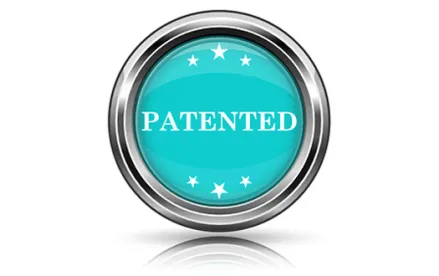In the wake of its six-week-old decision in Thryv, Inc. v. Click-to-Call Technologies, LP, the Supreme Court of the United States has now granted certiorari in an appeal of another case arising from a Federal Circuit appeal from a Patent Trial and Appeal Board (PTAB) institution decision; this time, an institution decision as to whether a patent qualifies for covered business method (CBM) review. Emerson Electric Co. v. Sipco, LLC, Case No. 19-966 (Supr. Ct. June 15, 2020). Upon granting cert, the Supreme Court remanded the case to the Federal Circuit “for further consideration in light of Thryv, Inc. v. Click-to-Call Technologies, LP, 590 U.S. ___ (2020).”
In this case, the Federal Circuit reviewed the PTAB’s reasoning as to whether the challenged patent qualified as a “technological invention,” such that it would be excluded from CBM review and the PTAB’s reasoning that the patent was eligible for such review. In doing so, the Federal Circuit found the PTAB’s decision arbitrary and capricious and reversed. IP Update, Vol. 22, No. 10.
Emerson Electric sought certiorari, presenting the issue as: “[W]hether 35 U.S.C. 324(e) permits review on appeal of the Director’s threshold determination, as part of the decision to institute [Covered Business Method] review, that the challenged patent qualifies as a CBM patent.”
In Click-to-Call, the Supreme Court held that time-bar decisions made by the PTAB when determining whether to institute inter partes review (IPR) proceedings are not appealable.




 />i
/>i

